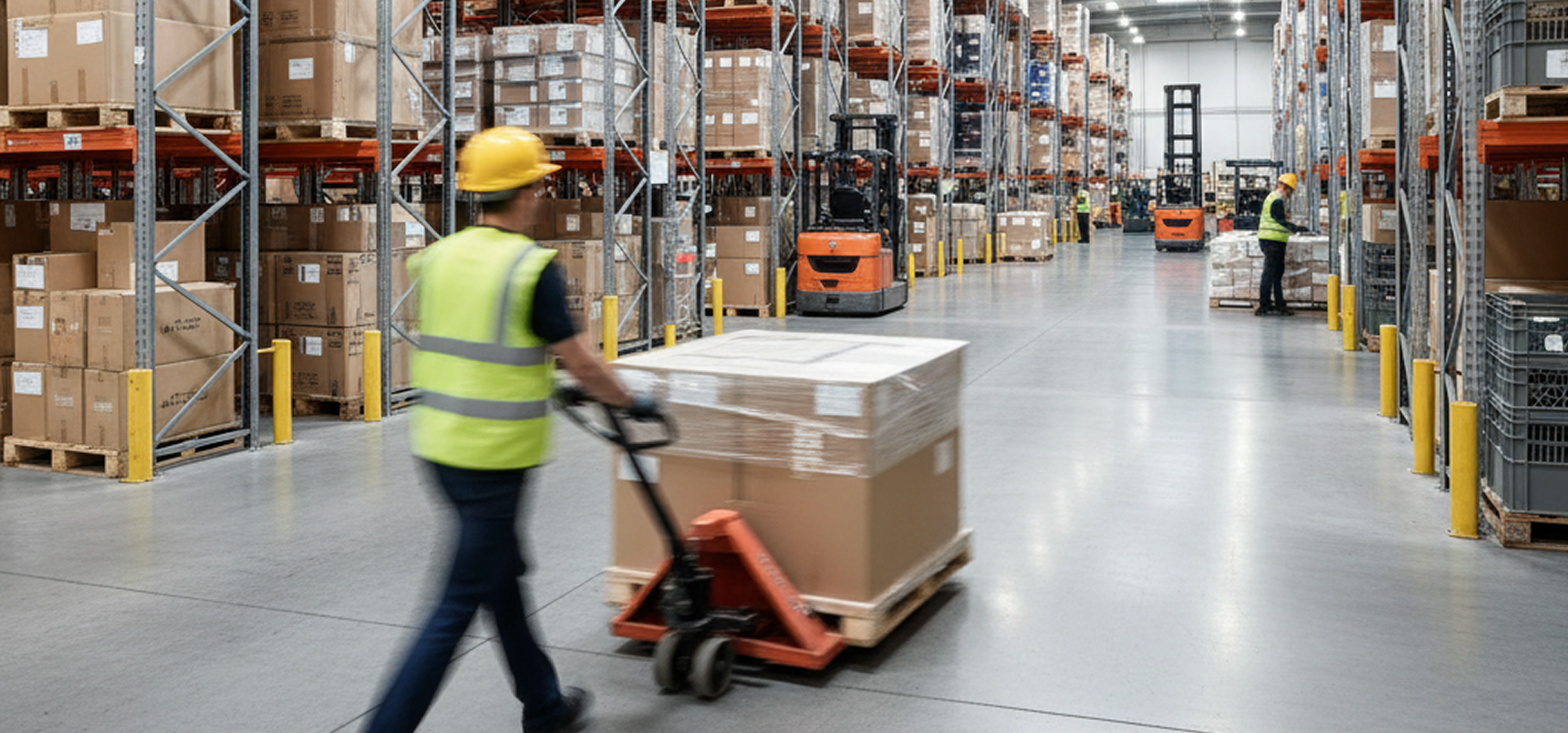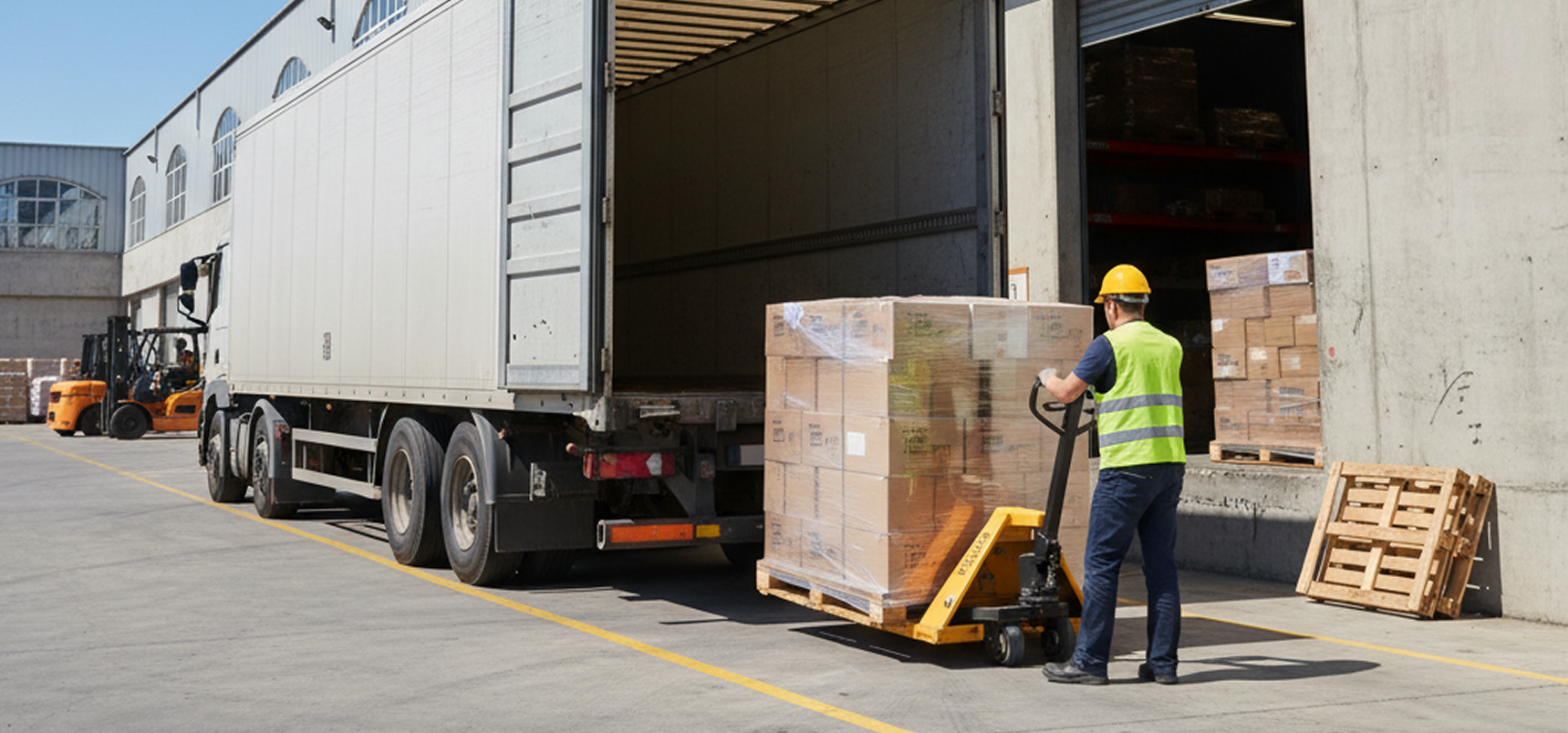Infrastructure quality in Lagos is generally poor, with inadequate transport, unreliable electricity, limited water and sanitation access, and a significant housing deficit.
Population
Area
Density
875K
The projected net population growth in Lagos for 2024 is not explicitly stated in available data.
56.4%
67% of the population in Emerging Asia, India, Latin America, and the Middle East and North Africa is of working age.
Key industries include manufacturing, oil and gas, financial services, and technology, with major corporations like Dangote Group, Zenith Bank, and Emzor Pharmaceutical Industries playing significant roles.
Tertiary attainment among young adults aged 25-34 in Germany increased from 33% in 2019 to 40% in 2024, placing it among top OECD nations.
Foreign Residents
The average income for foreign residents in Lagos is about ¥1.3 million, with 40% earning less.
Ethnic Composition
Foreign residents in Lagos surpassed 1.2 million in 2024, making up about 7% of the city population, with largest groups from China, Lebanon, Britain, America, and Japan.
Lagos has about 8 million daily commuters, mostly traveling by road—primarily buses and private vehicles—since rail services remain limited and incomplete.
4,796,533
2.1M
The average annual income in Lagos is about 1.75 million yen, though more than half earn less than this amount.

Warehouse space vacancy rates in Lagos are not explicitly reported, but current market commentary indicates extremely low vacancy due to high demand and limited supply.
Lagos warehouse rental rates range from ₦2,000-₦9,000 per square meter monthly, with standard facilities in areas like Ikeja costing ₦2,500-₦5,000 per sqm, premium Grade A warehouses commanding around $6 per sqm monthly, and port-facing Apapa locations reaching ₦6,500-₦9,000 per sqm due to high logistics demand.
Ikeja, Apapa, Lekki Free Trade Zone, Ogba, Isolo, Lagos Ibadan Expressway, Amuwo Odofin, Ajao Estate, Oshodi, Badagry.
Lagos last-mile delivery infrastructure is characterized by severe traffic congestion, poor road networks, inadequate address systems, and unreliable delivery times that can stretch from 15 minutes to several hours.
Warehouse automation in Lagos involves adopting technologies like Automated Storage and Retrieval Systems and data analytics to enhance operational efficiency, though specific implementations like KwikShelf focus on on-demand fulfillment services.
Cold storage facilities in Lagos are specialized temperature-controlled warehouses that preserve perishable goods like food, pharmaceuticals, and agricultural produce using advanced refrigeration systems, with MMA2 operating Nigeria's first airport-based cold storage facility and various companies providing freezer and chiller storage solutions ranging from small-scale solar-powered units to large 3,000MT capacity facilities.

Finance, manufacturing, pharmaceuticals, trade and logistics, technology and communications, tourism, and entertainment.
AB Logistics, GIG Logistics, Zenith Carex, Valuehandlers Int’l Limited, Distinctcushy Freight, SARA Procurement Services, GUO Logistics, Brain Express, Peng Logistics, Good Intentions Services, Packmyload.com, One One Motors Limited, MAX (max.ng), Cargoplug, Sendbox, GEx Logistics, MDS Logistics, TSL, RedoxCorp, LXGlobal, GWX, Fortune Global, DHL, Courier Plus.
Lagos, as part of Nigeria, saw total exports valued at ₦20,598.48 billion and imports at ₦15,426.17 billion in Q1 2025, with key export partners including India, The Netherlands, the United States, France, and Spain.
Supply chain resilience in Lagos is moderately strong, with flexibility, agility, and collaboration driving sustainable performance, but risk factors like demand uncertainty, coordination gaps, and financial constraints remain significant vulnerabilities.
Lagos offers a dynamic manufacturing environment with a large consumer market, strategic location, business-friendly policies, innovative tech ecosystem, and robust infrastructure, making it a hub for industrial growth in West Africa.
Lagos has major industrial clusters including Ikeja, Apapa, Amuwo-Odofin, and Agbara focusing on manufacturing, oil and gas, ICT/computer assembly, pharmaceuticals, textiles, food processing, and financial services.
Lagos offers strategic advantages as a logistics and business hub due to its extensive transport infrastructure, including major ports and rail connections, a large consumer market, favorable business policies, and its role as a gateway for trade across West Africa.
Detailed evaluation of Lagos's infrastructure quality, investment projects, utility systems, and environmental considerations for strategic planning.
Lagos faces significant infrastructure challenges, with critical gaps in water supply, unreliable power, and limited capacity to meet the needs of its rapidly growing population.
Lagos is undergoing massive infrastructure transformation with billions invested in rail lines, expressways, ports, and free trade zones expected to contribute over $12 billion annually to Nigeria's GDP by 2025-2026.
Lagos faces chronic shortages and frequent outages in power and water supply, limited access to reliable internet, and ongoing infrastructure upgrades that struggle to keep pace with rapid population growth.
Lagos logistics face major environmental challenges from severe road traffic congestion, high vehicle emissions due to old fleets and poor fuel quality, inadequate public transport, widespread open waste burning, industrial pollution with limited treatment, and vulnerability to flooding and land degradation.